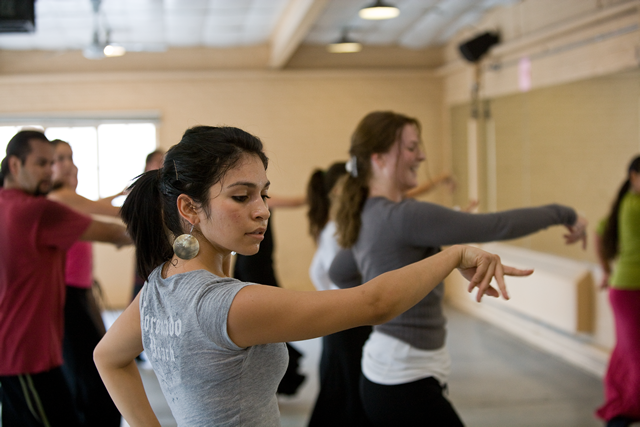
Theatre & Dance ETDs
Publication Date
7-8-2009
Abstract
Puppets have been used in performance by many cultures for thousands of years. Their roles in performance are constantly changing and evolving. Throughout the twentieth century there has been much contention between performance theorists over what defines a puppet. I aim toward a definition that emphasizes the puppet/audience and puppet/puppeteer relationship: Puppet: Any performing object that mechanizes human facial/bodily structures and features through movement and animates emotion. Puppets make us laugh because they are larger than life, playful and tend to employ comic mannerisms. Therefore, performing their sexuality, gender or race and placing them in violent situations magnifies their comic potential. Puppets, like comedy, possess the power of subversion. This is their special agency in performance. They distance us from reality through performance at the same time they reinforce a suspended reality. Puppets also perform an imitation of an imitation of life rather than the direct imitation of life itself.
Degree Name
Dramatic Writing
Level of Degree
Masters
Department Name
Theatre & Dance
First Committee Member (Chair)
Linnell, Jim
Second Committee Member
Cyrino, Monica
Third Committee Member
Avila, Elaine
Language
English
Keywords
Puppets, Playwriting
Document Type
Dissertation
Recommended Citation
Mráz, Casey. "Dramatis Pupae: The Special Agency of Puppet Performances." (2009). https://digitalrepository.unm.edu/thea_etds/35
